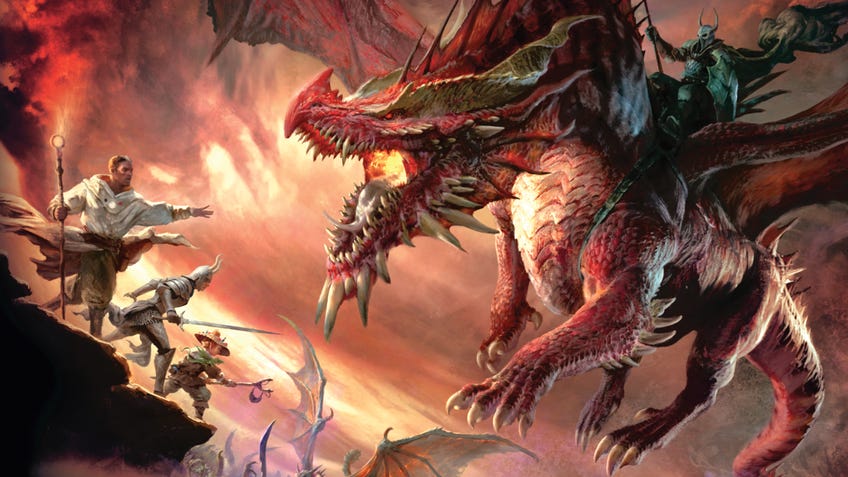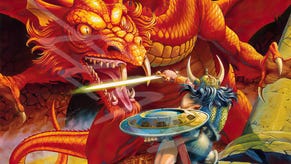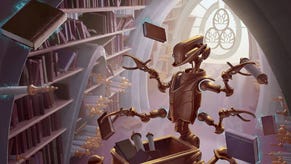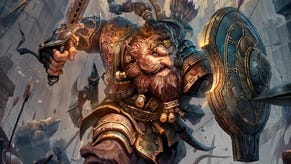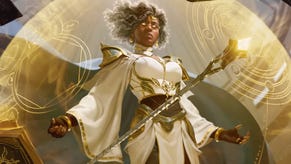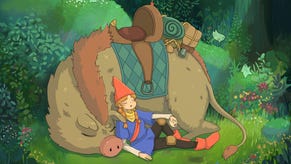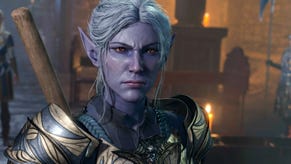Dungeons & Dragons publisher responds to OGL criticism: “We rolled a 1”
Wizards of the Coast’s first public statement rescinds royalty tiers but leaves many questions unanswered.
Wizards of the Coast, publisher of popular tabletop RPG Dungeons & Dragons, released a statement January 13th addressing a leaked licence draft that angered both fans and publishers the week previous.
The blog, titled “An Update on the Open Game License (OGL)” and posted to the D&D Beyond blog, attempted to assuage players, creators and the wider community that the leaked document, which had already been disseminated across the internet and reported on by multiple sites, was only ever supposed to be a working draft.
The OGL has existed since 2000 and is meant to provide third-party publishers the legal foundation to create tabletop RPG material using the mechanics and systems of D&D but not its intellectual property. An updated version that leaked, called OGL 1.1, raised first eyebrows and then ire by adding a tiered royalty system and phrasing around a licence back arrangement that many worried would allow Wizards of the Coast and parent company Hasbro total licence over any creation using the OGL.
In response, the community arranged widespread protest by cancelling their D&D Beyond accounts, believing the revenue gained from the digital toolset was one of the primary measures of success tracked internally at Wizards of the Coast. Publishers also derided the move, while Pathfinder and Starfinder maker Paizo joined forces with Green Ronin, Chaosium and others to create their own open licence agreement free from the OGL’s history and influence.
Wizards of the Coast remained silent for a week before releasing a statement that addresses some but not all of the community’s major concerns. Chiefly, the royalty system and licence back structure has been excised entirely. The company claims the language will also clarify that it only covers tabletop RPG material - not livestreams, actual plays, charity events, virtual tabletops or other uses of D&D.
Wizards of the Coast claimed the OGL 1.1 licence back structure was included to “protect us and our partners from creators who incorrectly allege that we steal their work”, claiming that as they “move forward with partnerships in film, television, and digital games, that risk is simply too great to ignore.”
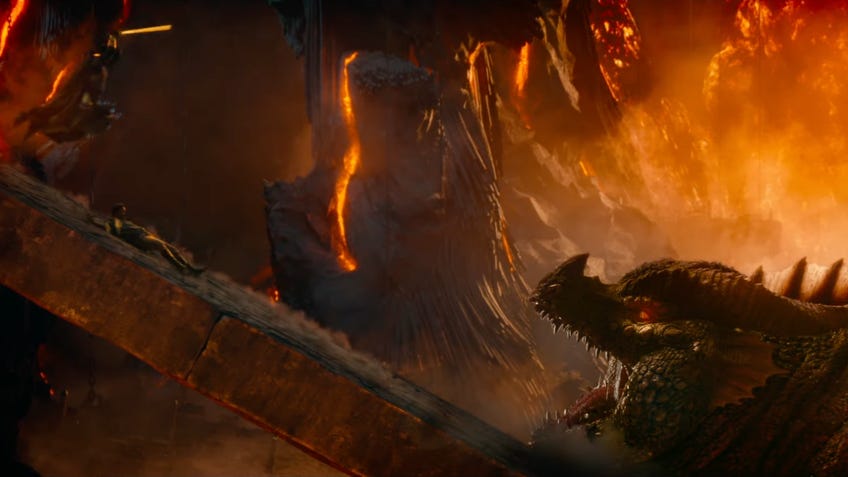
Beyond those concessions, the announcement makes very few concrete promises beyond a promise that the company has the community’s best interests at heart, while at the same time attempting to claw a pyrrhic victory from more than a week of bad press months out from the release of a major blockbuster film: “You’re going to hear people say that they won, and we lost because making your voices heard forced us to change our plans. Those people will only be half right. They won—and so did we.”
Missing from the blog is an assurance that Wizards of the Coast will not deauthorise previous versions of the OGL, essentially locking creators into the terms of the most recent version. Earlier announcement from D&D’s team seemed to communicate that older OGLs would remain viable, though many have argued that no OGL released by Wizards of the Coast has ever claimed to be irrevocable, in a legal sense.
Whatever version of the OGL does finally release - the company remains closed-mouth on timelines - will reportedly go through a period of public comment. Wizards of the Coast claims this was always the plan, despite the leaked document’s language insinuating locked-in, if not final, wording.
